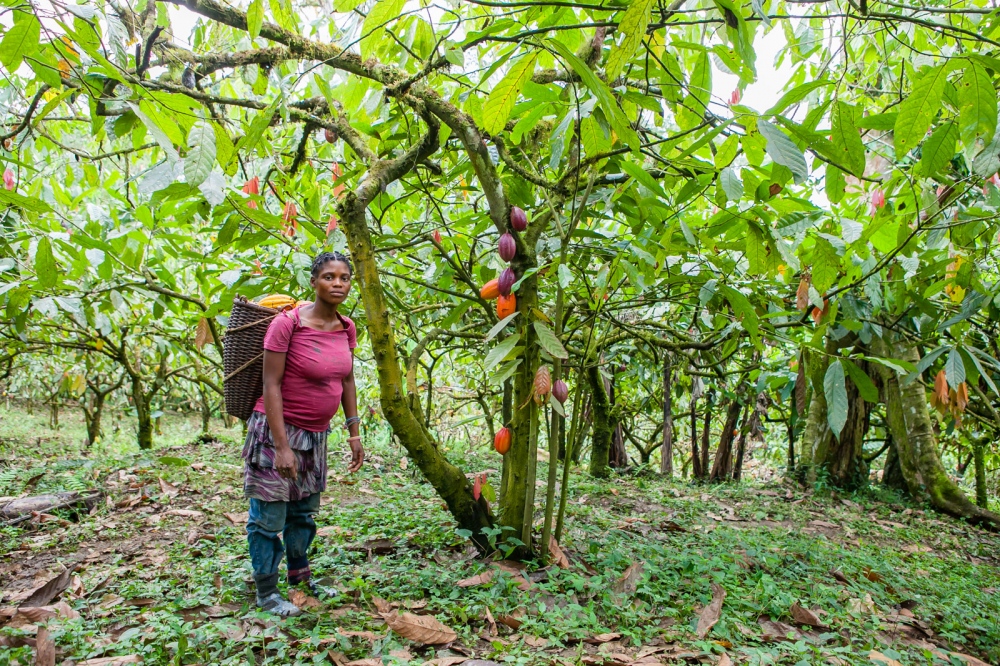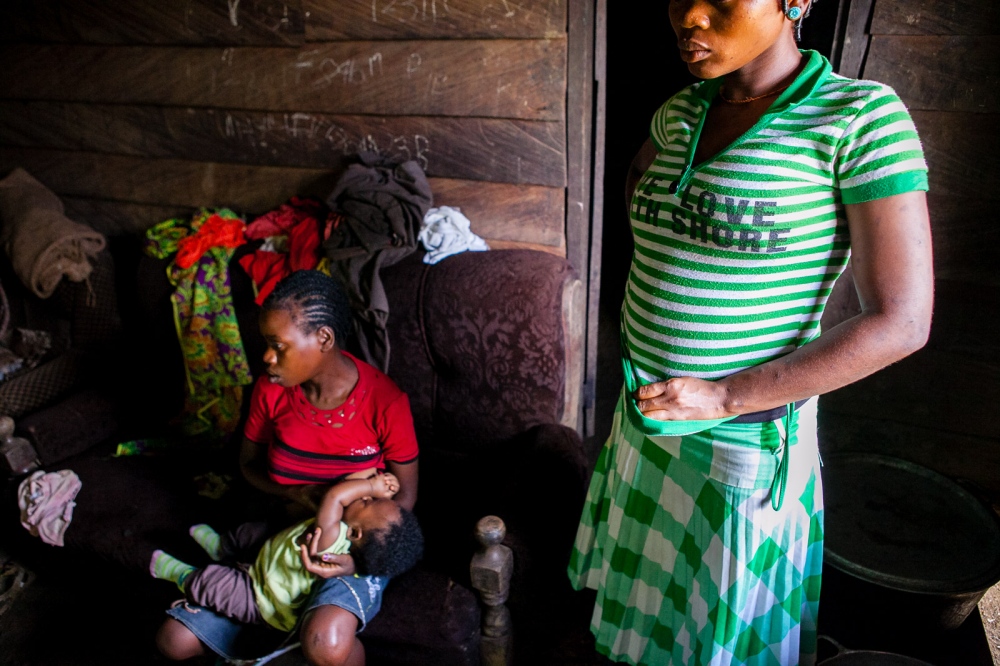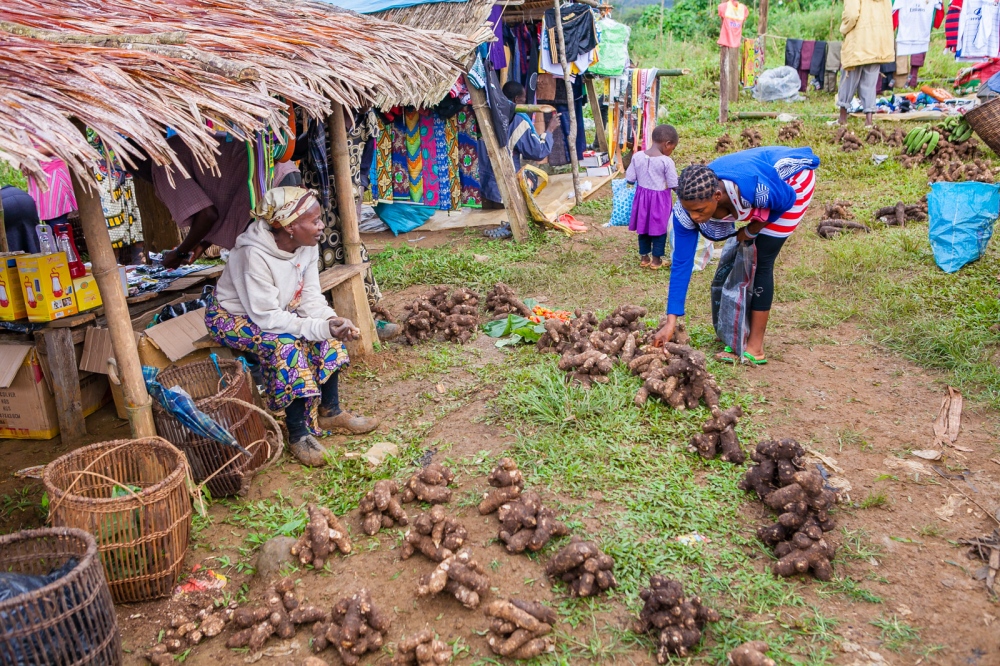Short synopsis
Outside Nigeria, northern Cameroon has been hardest hit by Boko Haram.
Sexual violence is a characteristic of the ongoing insurgency: hundreds of women and girls have been separated from their families and abducted by fighters belonging to Boko Haram, forcibly married to their captors and became pregnant as a result of rape.
Girls and women abused as slaves by the group are psychologically damaged resulting from sexual, psychological and physical violence suffered in captivity, and therefore more vulnerable: moreover they face mistrust, discrimination and persecution upon their return to their communities.
In cooperation with "Human Is Right" a local based Cameroonian Organization working on GBV and Human rights projects, I'll travel to North Cameroon (in the area of Minawao, Kolofata and Kerawa), to investigate how most of the freed "Boko Haram wives" are facing marginalization, discrimination and rejection by family and community members.
Long written reflection
Background
The Lake Chad basin has in recent years become an important epicentre of violence, its population suffering intensified attacks by the Islamic State's West Africa Province (ISWAP), also known globally as Boko Haram. At the end of 2014, ISWAP's violence expanded from northeast Nigeria to Cameroon, Chad and Niger.
Outside Nigeria, northern Cameroon has been hardest hit by Boko Haram. The group repeatedly attacked towns and villages located along the Cameroonian/Nigerian border, committing crimes under international law and human rights abuses, including wilful killings, looting and abductions, recruitment of child soldiers.
Sexual violence is a characteristic of the ongoing insurgency: hundreds of women and girls have been separated from their families and abducted by fighters belonging to Boko Haram, forcibly married to their captors and became pregnant as a result of rape.
Women and girls who spent time in captivity are often referred to by communities as "Boko Haram wives", "Boko Haram blood" and "Annoba" (which means epidemics).
As the military are progressively retaking areas under control by Boko Haram, many women and girls are being freed after months in captivity.
Girls and women abused as slaves by the group are psychologically damaged resulting from sexual, psychological and physical violence suffered in captivity, and therefore more vulnerable: moreover they face mistrust, discrimination and persecution upon their return to their communities.
My project
It's now more than 5 years I'm running a personal documentary project focused on the women conditions in Africa, mainly related to the reproductive health matter. In 2014 I've traveled to South West Cameroon to document child marriage and early pregnancy for girls leaving in remote areas.
Because of that, I've seen a clear connection for this new documentary project and my past works in Africa and in Cameroon as well: my aim is to document and tell the stories of the freed abducted girls and women, not only to collect their stories for the time spent in the hands of Boko Haram, but mainly to raise more awareness for what they are facing after the return to their communities, their challenges for the reintegration process.
In cooperation with "Human Is Right" a local based Cameroonian Organization working on GBV and Human rights projects, I'll travel to North Cameroon (in the area of Minawao, Kolofata and Kerawa), to investigate how most of the freed "Boko Haram wives" are facing marginalization, discrimination and rejection by family and community members.
Women and girls who have been raped and escaped, have been returning to their communities in the internally displaced camps and host communities or returning to their local villages. Some are returning with their children who were born as a result of sexual violence.
As they return, many face stigma and rejection due to social and cultural norms related to sexual violence. Many women who return to their families and communities are viewed with deep suspicion either because they are carrying the children of Boko Haram fighters or because of the fear they were radicalized in captivity.
Some husbands are not willing to take their wives back and have divorced their wives on their return.
But these victims' husbands and fathers also have fear to acceptance: who will marry them ? And this is also a great concern for victims: many of them worry about whether they will be married later.
The children born as a result of sexual violence risk being rejected and even killed for fear that they will become the next generation of fighters, as they carry the violent characteristics of their biological fathers.
Most of the mothers, many still teenagers, are displaying natural affection for their children. However some of those had tried to abort the pregnancy.
Despite there is a deeply held fear and distrust regarding the returning women and girls, most in the communities view them as victims of the insurgency: it is believed that the existing mistrust will reduce over time, allowing for their reintegration.
I'll travel around North Cameroon to IDPs refugee camps, villages and host communities to collect powerful stories from the freed "Boko Haram wives".
Through my contact at "Human Is Right" Organization we have already built the network which will support us and secure this documentary work: we have contact at the Cameroon government and other local Organizations who can facilitate the logistics, give us access to local villages and communities.
My motivation
It's more than 10 years I'm traveling throughout Africa to produce documentary stories. Since I heard about the Chibok girls' abduction two years ago, and the #bringbackourgirls campaign I started thinking about this possible project, how to make it possible to produce a powerful and deep documentary work able to raise more international awareness about the stories of the women and girls: today most of the people think and are brokenhearted for girls still in the hands of Boko Haram, but many really ignore what the returning victims are facing.
Pictures I submit are from my previous work in Cameroon, "GIRLS: WOMEN TOO EARLY", documenting child marriage and early pregnancy for girls living in remote rural areas in Cameroon.































